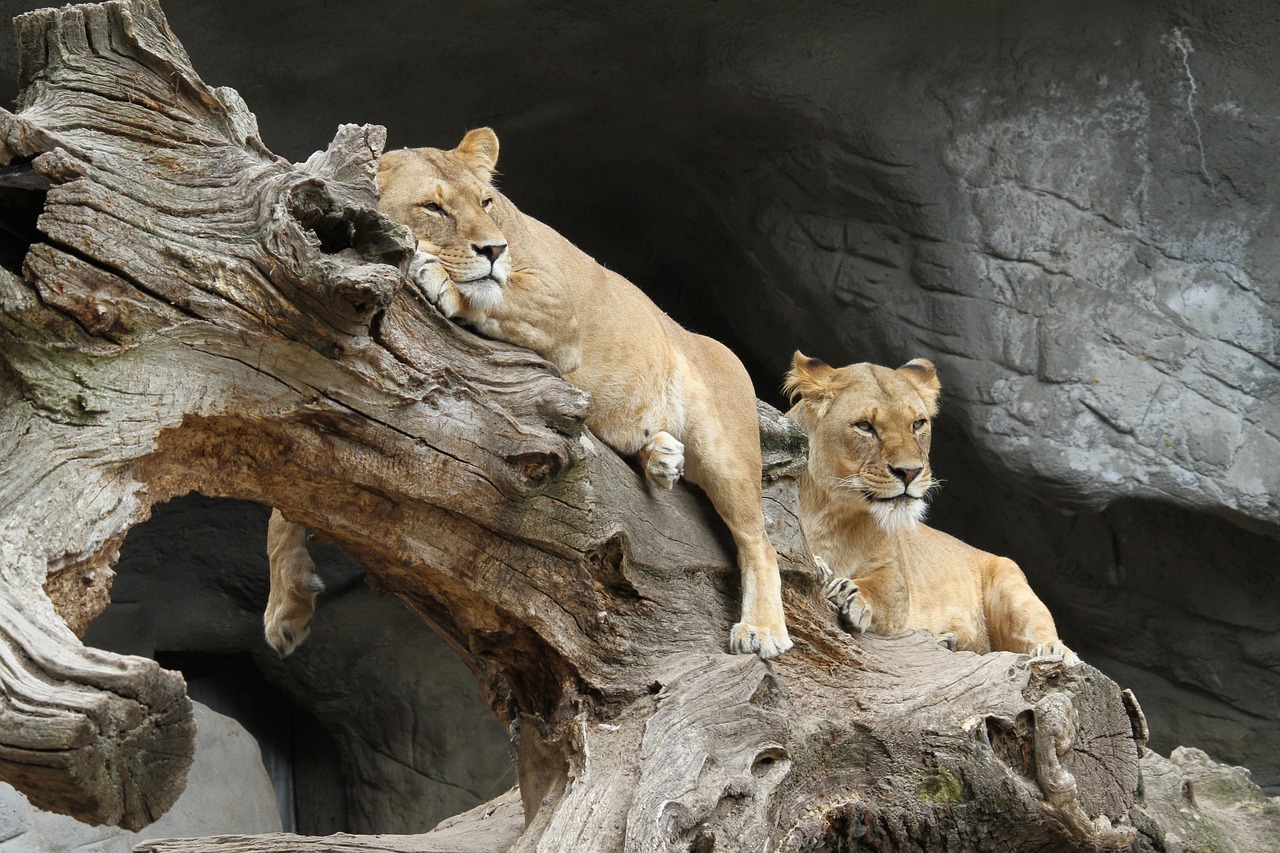
Human Impact on Serengeti
人类对塞伦盖蒂的影响
人类活动对塞伦盖蒂生态系统产生了深远的影响,既有积极的也有消极的。理解这些影响对于制定有效的保护策略至关重要。
Human activities have had profound impacts on the Serengeti ecosystem, both positive and negative. Understanding these impacts is crucial for developing effective conservation strategies.
人口增长 / Population Growth
周边地区人口的快速增长导致对土地和资源的需求增加。
Rapid population growth in surrounding areas has led to increased demand for land and resources.
土地利用变化 / Land Use Changes
农业扩张和城市化侵占了野生动物的栖息地和迁徙路线。
Agricultural expansion and urbanization have encroached on wildlife habitats and migration routes.
偷猎 / Poaching
虽然得到控制,但偷猎仍然威胁着某些物种的生存。
While controlled, poaching still threatens the survival of certain species.
旅游业 / Tourism
旅游业为保护工作提供了资金,但过度旅游可能对生态系统造成压力。
Tourism provides funding for conservation efforts, but over-tourism can stress the ecosystem.
基础设施发展 / Infrastructure Development
道路和其他基础设施的建设可能会分割栖息地,影响动物迁徙。
Construction of roads and other infrastructure can fragment habitats and affect animal migrations.
气候变化 / Climate Change
人为导致的气候变化正在影响塞伦盖蒂的降雨模式和生态系统。
Human-induced climate change is affecting rainfall patterns and ecosystems in the Serengeti.
保护努力 / Conservation Efforts
人类主导的保护工作帮助维持了生态平衡和物种多样性。
Human-led conservation efforts have helped maintain ecological balance and species diversity.
研究和教育 / Research and Education
科学研究和环境教育提高了对塞伦盖蒂重要性的认识。
Scientific research and environmental education have raised awareness about the importance of the Serengeti.
人类对塞伦盖蒂的影响是复杂的,既有破坏性的一面,也有建设性的一面。未来的挑战在于如何平衡人类需求与生态保护,确保塞伦盖蒂生态系统的可持续发展。
Human impact on the Serengeti is complex, with both destructive and constructive aspects. The challenge for the future lies in balancing human needs with ecological preservation to ensure the sustainable development of the Serengeti ecosystem.